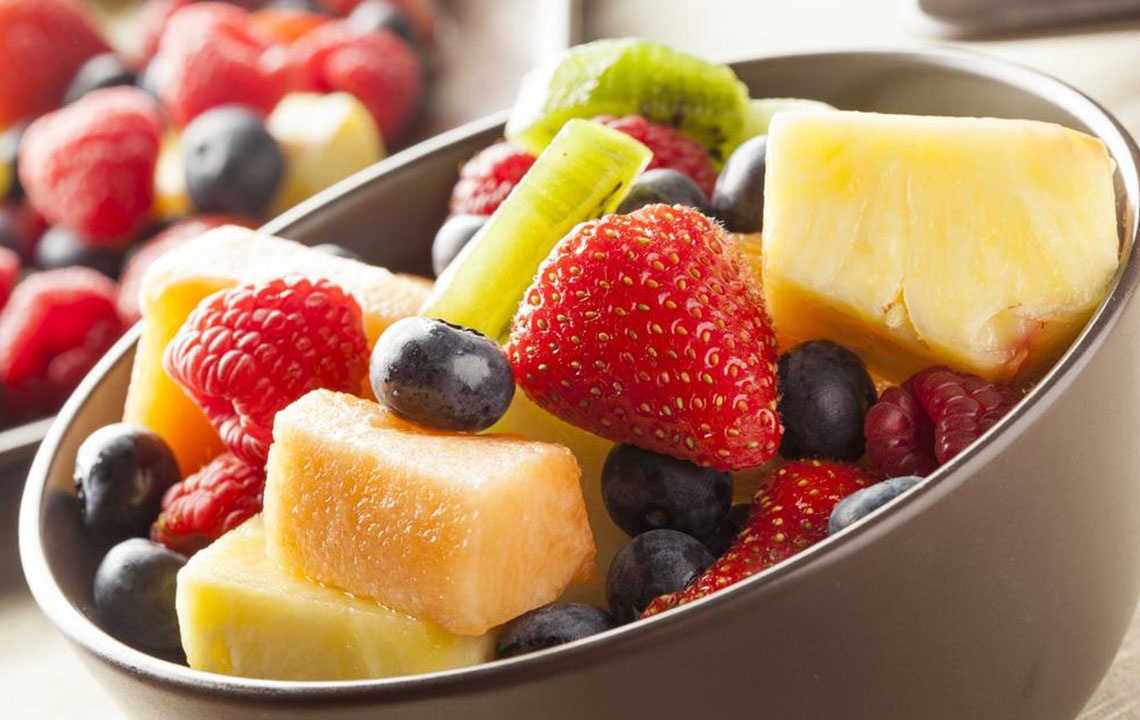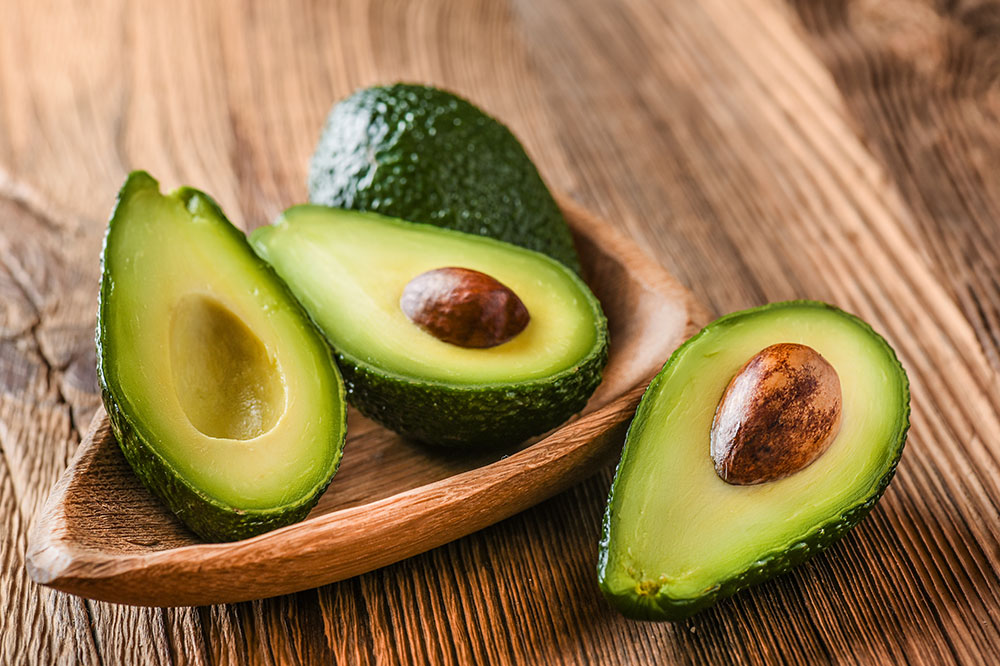Essential Nutritional Guidelines for Managing Diabetes Through Diet
Effective blood sugar management in diabetics relies on strategic diet planning. Focus on consuming omega-3 rich fish, leafy greens, cinnamon, Greek yogurt, nuts, and olive oil to support health and prevent complications. Avoid refined grains, high-fat dairy, sugary foods, and processed carbs to keep blood glucose levels stable. Consulting a healthcare professional ensures personalized and sustainable meal planning for optimal health outcomes.
Sponsored

Proper dietary choices are vital for individuals with diabetes, as they help control blood glucose levels and prevent complications. A well-balanced meal plan should supply necessary calories, nutrients, and minerals. Selecting the right foods can also reduce the risk of heart disease and other health issues related to diabetes. Consulting a healthcare professional is recommended to develop an effective diet plan tailored to individual needs.
Foods Recommended for a Diabetic-Friendly Diet
Here are key foods that can be included in a diabetic management plan:
Fatty Fish: Rich in omega-3 fatty acids like DHA and EPA, fish such as salmon, mackerel, and anchovies support heart health and reduce inflammation. Regular consumption can help prevent diabetes-related complications like strokes.
Green leafy vegetables: Low in calories yet packed with essential nutrients, vegetables like spinach, kale, and Swiss chard boost overall health and combat inflammation.
Cinnamon: Known for its antioxidant properties, cinnamon helps lower blood sugar levels and enhances insulin sensitivity.
Greek Yogurt: Contains probiotics, calcium, and conjugated linoleic acid, which aid in blood sugar regulation and reduce cardiovascular risks.
Nuts: Regular intake of nuts such as almonds and walnuts helps maintain blood sugar balance and reduces inflammation.
Extra-Virgin Olive Oil: Rich in oleic acid, it helps lower triglyceride levels, reducing the risk of heart disease in diabetics.
Foods to Limit or Avoid for Diabetics
Certain foods can adversely affect blood sugar levels and should be avoided:
Refined Grains: Quickly spike blood sugar and lack nutritional fiber, so it's best to minimize their intake.
High-Fat Dairy: Whole milk, full-fat cheese, sour cream, and high-fat yogurt can contribute to increased blood glucose levels.
Sugary and Low-Quality Carbohydrates: Sweets, candies, sugary drinks, and processed carbs cause sharp blood sugar rises.
Sweetened Fruits and Products: Avoid jams, jellies, sweetened fruit juices, and pickles; opt for fresh fruits instead.
Effective diet management is essential for controlling blood glucose. Consulting a dietitian or healthcare professional can help craft an optimal diabetic meal plan tailored to individual health needs.






